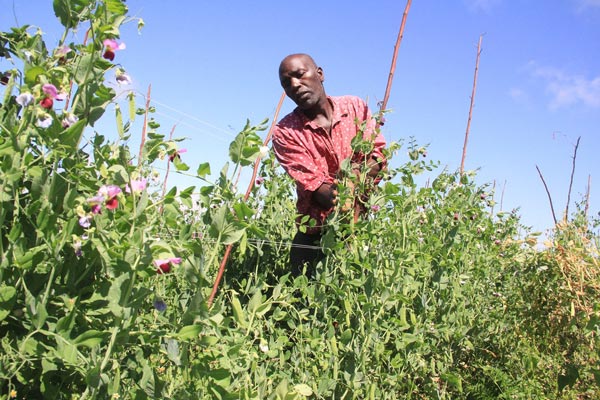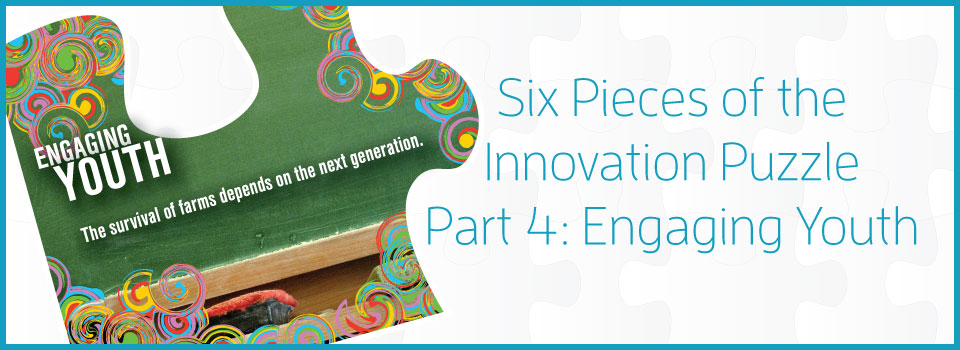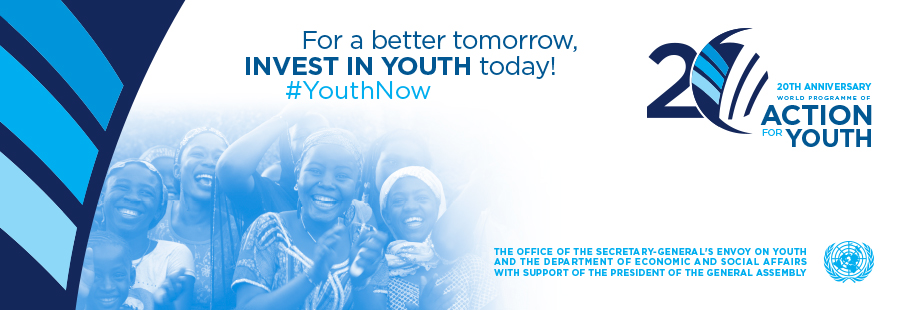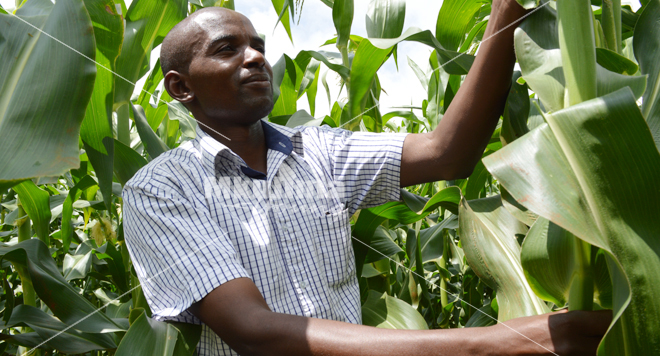Young farmers in Tunisia ©IFAD/Susan Beccio
By Anja Lund Lesa, David Suttie and Omar Hammoud
As part of the NEN Close Up series, the Near East, North Africa, Europe and Central Asia Division hosted a knowledge sharing event on rural youth and economic empowerment in the Near East and North Africa. Through a regional grant, IFAD is partnering with Making Cents International, a social enterprise based in Washington DC, and Silatech, a social initiative working to create opportunities for young people throughout the Arab world, to help increase the employment and self-employment opportunities of more than 18,000 young people of ages 15-35. Covering four countries, Egypt, Morocco, Tunisia and Yemen, the 3-year joint programme, Rural Youth Economic Empowerment Programme, is seeking to test innovative financial and non-financial engagement tools for young rural people. The event provided an opportunity to learn from the programme and to discuss how the findings can inform IFAD's future engagement with young people in rural areas.


 GROWING PEAS
GROWING PEAS Many rural youths are seeking higher-paying jobs in
Many rural youths are seeking higher-paying jobs in The #YouthNow Campaign marks the 20th Anniversary of the World Programme of Action for Youth leading up to a Special Session of the General Assembly on May 29, 2015 commemorating this landmark agreement. The special session will be convened by the President of the General Assembly in collaboration with the
The #YouthNow Campaign marks the 20th Anniversary of the World Programme of Action for Youth leading up to a Special Session of the General Assembly on May 29, 2015 commemorating this landmark agreement. The special session will be convened by the President of the General Assembly in collaboration with the  A proficient workforce is grist for a successful farmer’s mill. Competency of farm managers and other staff determine the success of any medium to large-scale farmer.
A proficient workforce is grist for a successful farmer’s mill. Competency of farm managers and other staff determine the success of any medium to large-scale farmer. That uncomfortable feeling when you’re so hungry you lose all control of your emotions. So convinced the world is conspiring against you, you lash out at whoever dares to cross your path. And so depleted of energy, you can no longer perform basic functions like rational decision making. Yeah, we’ve all been there.
That uncomfortable feeling when you’re so hungry you lose all control of your emotions. So convinced the world is conspiring against you, you lash out at whoever dares to cross your path. And so depleted of energy, you can no longer perform basic functions like rational decision making. Yeah, we’ve all been there.